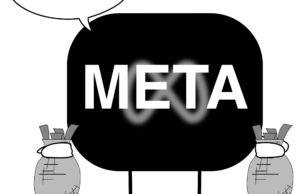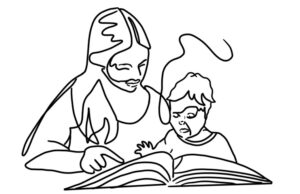Programs distort reasons for reading

Developing independent reading habits in elementary and middle school students positively impacts society in an unquantifiable way. This is the pretense that the Accelerated Reader (AR) program from the company Renaissance was introduced to my elementary and middle school in Ventura. In the CVUSD, the “Reading Counts” program by Scholastic is used by elementary schools and is essentially the same program with slightly different terminology. Both programs limit the books children can read and heavily influence the way in which they think about what they have read.
The AR program bases its system on the STAR test, which aims to assess the reading comprehension skills of students. This test determines the students’ Zone of Proximal Development (ZPD). The ZPD is the range of reading levels students can read in according to AR. This limits the books students are encouraged to read on the basis of reading comprehension skills rather than content. Students are encouraged to read books the school thinks are “at their level,” rather than choosing stories that they are interested in.
In addition to this, students must take tests on the books they read. The tests are not based on an understanding of the text, but rather a collection of details about plot points, descriptions, or minor events in order to determine if the student actually read the book. If a student earns less than 70% on a quiz, in most schools the quiz will not count for any points whatsoever, and therefore the book does not. This is the core issue with AR and Reading Counts, because the quizzes only contain details and events from the texts students are trained to find only these elements and treat reading as a chore.
Many students from my old middle school in Ventura to others in Calabasas view these quizzes as pointless busywork. This outlook leads to people sharing quiz answers and cheating on reading comprehension assessments, further removing the results of these programs from the goals the schools implemented them to achieve.
As a whole, the AR system, and others like it, teach students that reading is an assignment where you keep track of facts so you can do well on a test. This is how so many lose their love for reading, and a system like this convinces us there is nothing more behind the words we read than their literal definitions. Alternatively, simple assignments like book reports or discussions with peers allow students to look at what they have read in a much more meaningful way, which encourages them to figure out what the author is really trying to convey.



